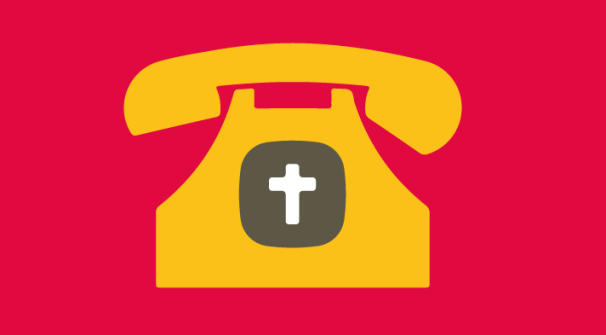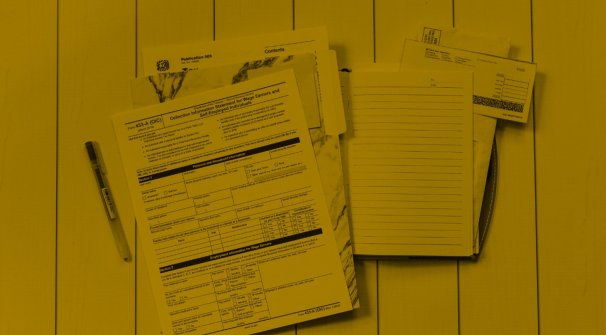Many of us will remember the dramatic collapse of the charity Kids Company in 2015, shortly after receiving a £3 million grant from the Government.
An official report from the Charity Commission has found that Kids Company operated a “high risk business model”, characterised by a heavy dependence on grants and donations, reliance on a key individual (their CEO) for fundraising, low reserves, and a demand-led service.
The regulator has made a formal finding of “mismanagement in the administration of the charity” over its repeated failure to pay creditors, including its own workers and HMRC, on time. On the face of it, this conclusion would appear to contradict the conclusion in early 2021 of the High Court which largely exonerated the trustees.
The Commission’s report finds:
- “the charity operated a high-risk business model, having rapidly expanded its operations”.
- “the trustees allowed expenditure to increase without a secure stream of income to cover increased costs or mitigate an unexpected fall in fundraising”.
- “combined with the low level of reserves, this approach, unusual for a charity of its size, made Kids Company vulnerable to external pressures”.
The Inquiry notes that whilst there are risks associated with this operating model, such a model is not in and of itself unusual; the Commission suggest that what is unusual is the operation of such a model in respect of a charity of this size.
The report suggests that a higher level of reserves may have allowed the charity to avoid liquidation, to wind up in a more orderly fashion, or to merge with another charity. The High Court, however, did not agree with the assertion that “if it had appropriate reserves, Kids Company would have been able to survive”.
The report concludes that the trustees were aware of the risks arising from the charity’s operating model for years and had recognised the need to make changes, but suggests that they should have acted sooner during the period of the charity’s growth to improve its financial stability. They could have done this by building up reserves, paying off debts which would strengthen its cash flow position, and controlling the rate at which the charity was expanding.
The charity had argued that donors expect donations to be spent on delivering activities for beneficiaries rather than building reserves and that it might have been difficult to fundraise for the purpose of building reserves. However, the Inquiry implies the trustees failed to test the extent to which donors would have ceased funding the Charity if a proportion of the funds donated had been put into reserves. It comments that, “Whilst recognising the challenges charities can face when building reserves, many charities do successfully manage to build reserves whilst being largely reliant on grants and donations.”
There were a number of other issues raised in the Commission’s enquiry, but those key financial aspects are the ones that will give many trustees considerable thought.
The combination and apparent contradictions of the judgements of the High Court and the Charity Commission enquiries show how difficult it is to make decisions as trustees when your charity wants to change people’s lives, is expanding and funded by project-focussed grants. You can feel ‘damned if you do’ and ‘damned if you don’t’.
As always, there are lessons to learn about balancing reserves against achievements, but it is only with the benefit of hindsight that you can see whether you got that balance right. Even very experienced, full-time business managers don’t get it right every time, let alone an average trustee.
The lessons I take from the various reports into the failure of Kids Company are:
- Your fundraising model should recognise the importance of general fund support that permits the charity to be flexible in its finances.
- Trustees will regularly face difficult balancing acts between achieving the immediate (and important) objectives and building reserves, which maybe vital or may never be needed.
- Regularly review plans and risks. What may have been right last year may now not be. This is especially true as you grow.
- Reconcile yourself to the fact that whatever decisions you make you will be criticised by others with the benefit of hindsight, which you – at the time of making decisions – will not have. Risks, trouble and criticism are the lot of a trustee!
Stewardship has a number of free Briefing Papers that are relevant to these issues. Three particularly are:











